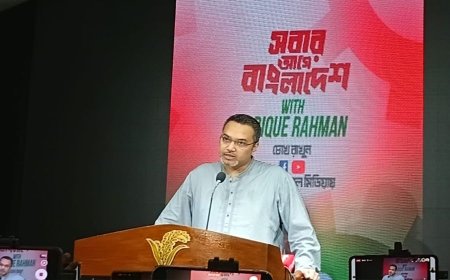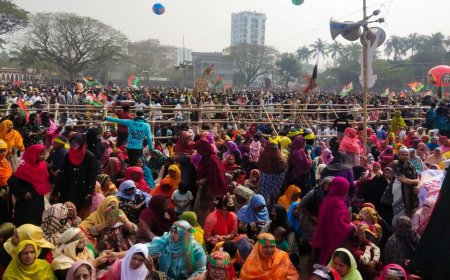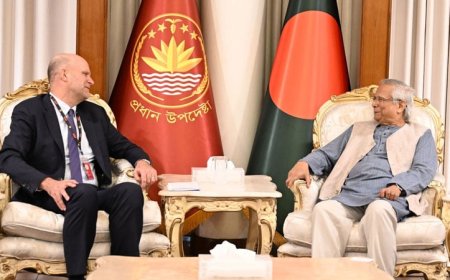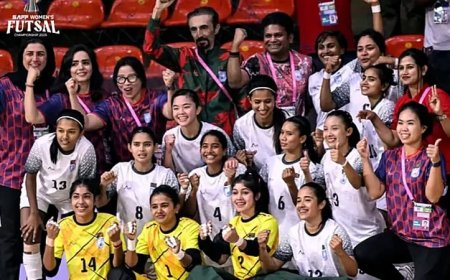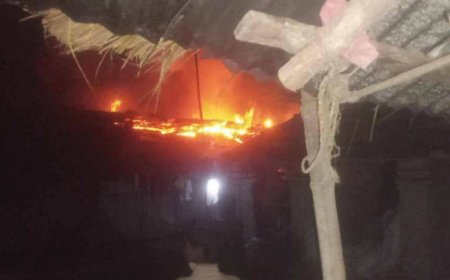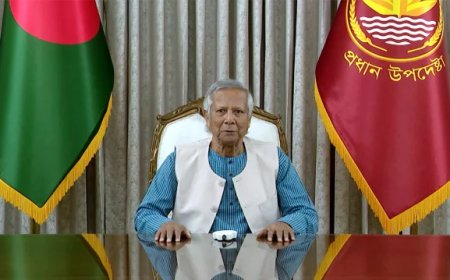15th Amendment to the Constitution: It undermined the fundamental structure of the constitution
Lawyer informs High Court during hearing on petitions challenging the removal of the caretaker government system.
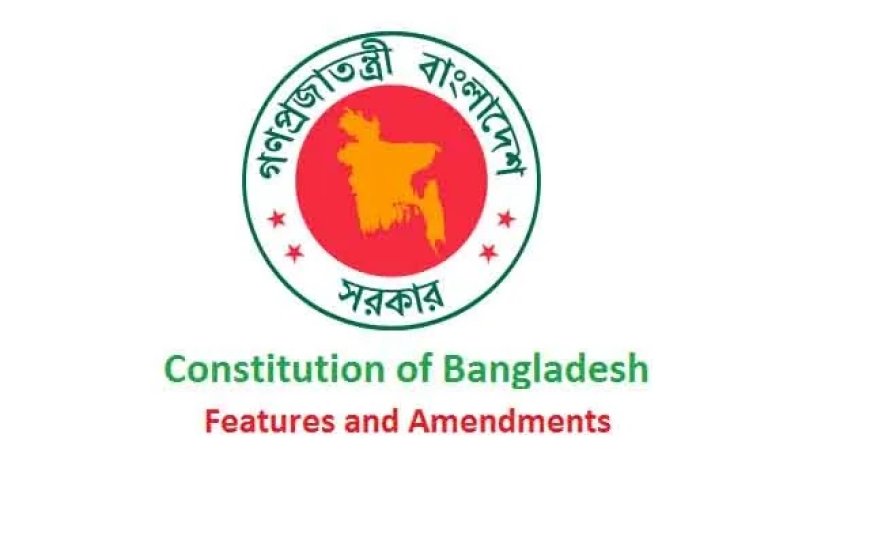
Senior lawyer Sharif Bhuiyan argued before the High Court yesterday that the 15th constitutional amendment had fundamentally compromised the constitution’s core principles, democracy, the right to vote, and free and fair elections. Representing five petitioners challenging the amendment, he stated that the 15th amendment had repealed the 13th amendment, which initially established the nonpartisan caretaker government system. According to Sharif, this move effectively dismantled the people’s right to vote freely, leading instead to "midnight elections," "auto-pass elections," and "dummy elections."
Describing it as a "motivated amendment," Sharif claimed the 15th amendment was introduced to enable a specific political party to maintain power for consecutive terms. As an experienced Supreme Court lawyer, he presented his case before the High Court bench comprising Justice Farah Mahbub and Justice Debasish Roy Chowdhury, during the second day of hearings on the constitutionality of the 15th amendment. He was supported by Barrister Reduanul Karim.
During the proceedings, the bench highlighted that the case has nationwide significance, affecting all citizens, as it pertains to the conduct of national elections. This statement followed remarks by pro-BNP attorneys Zainul Abedin and Md Ruhul Quddus Kazal, who sought to present arguments on behalf of the BNP, which had previously been allowed to make representations in the case.
At the conclusion of the day’s hearing, the court scheduled further arguments for today.
Earlier, Sharif argued that the caretaker government system aligns with the constitution’s foundational principles, having been established to ensure free, fair elections and support democratic integrity. However, the 15th amendment effectively abolished this system, which Sharif described as paving the way for an "authoritarian regime."
Sharif noted that the 15th amendment introduced sweeping changes, modifying 54 articles with 64 alterations, and emphasized that the caretaker government system is as crucial for democracy as the Supreme Judicial Council is for judicial independence. He referenced the Supreme Court’s Appellate Division ruling from October 20, which reinstated the Supreme Judicial Council to address the removal of judges due to incapacity or misconduct.
The Appellate Division’s brief verdict on the 13th amendment case had recommended holding the next two parliamentary elections under a caretaker system, which did not happen, Sharif reminded the court. The HC bench acknowledged that the caretaker government system's abolition conflicted directly with the Supreme Court's earlier judgment.
Sharif further argued that Article 7(A) of the constitution, which pertains to offenses related to the abrogation or suspension of the charter, contradicts its basic principles by limiting citizens' fundamental rights to express dissenting views.
The petitioners’ counsel requested that the High Court nullify the 15th amendment.
Passed by the Jatiya Sangsad on June 30, 2011, and signed into law on July 3 of the same year, the 15th amendment eliminated the caretaker government system introduced through the 13th amendment in 1996. Its repeal sparked significant backlash from opposition parties.
The High Court issued a rule on August 19 this year, following a petition filed by Badiul Alam Majumdar, secretary of Shushashoner Jonno Nagorik, along with Tofail Ahmed, M Hafizuddin Khan, Md Jobirul Hoque Bhuiyan, and Zahrah Rahman, questioning the legality and constitutionality of the 15th amendment.
What's Your Reaction?







